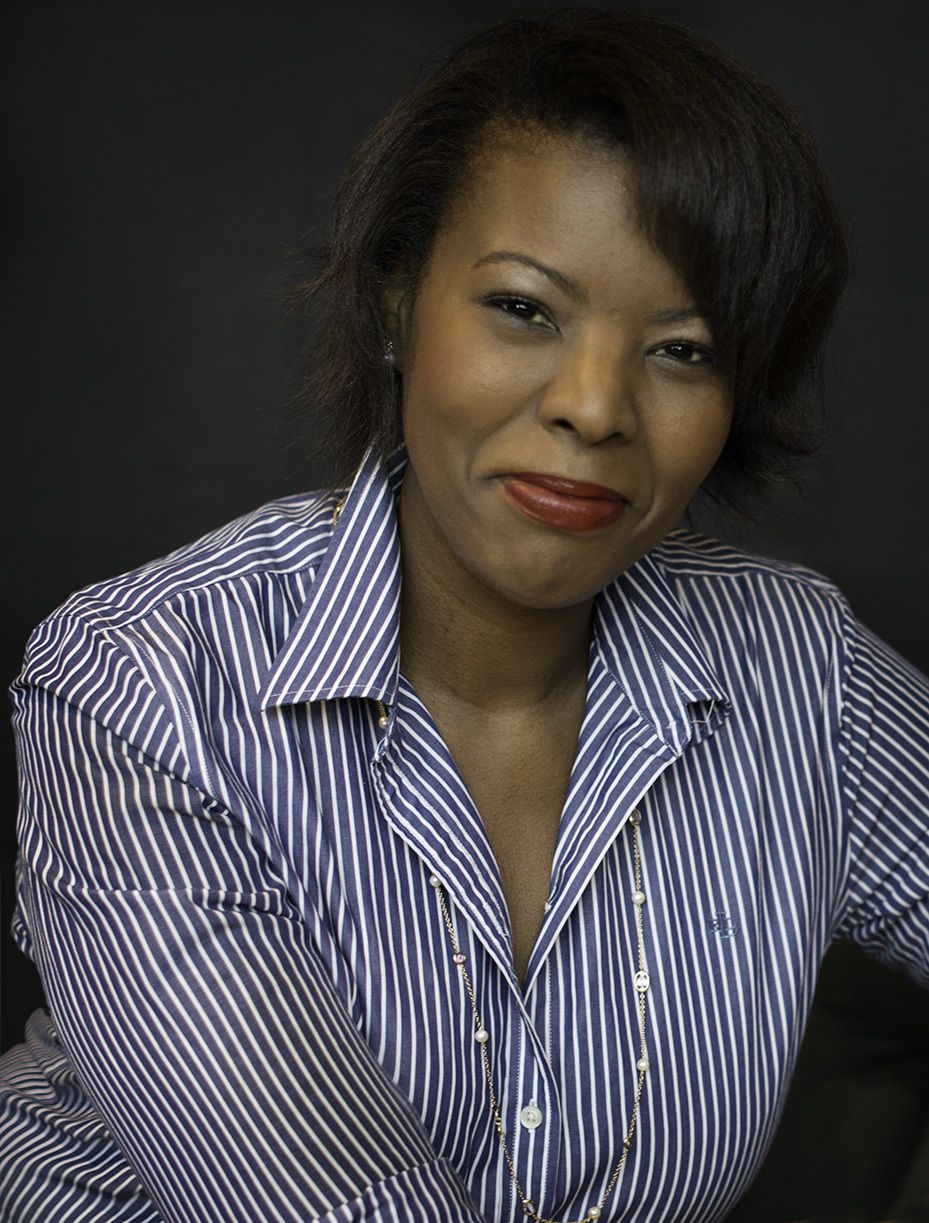
What if your groceries were delivered to your apartment without payment or shopping? Or your dry cleaning was picked up and returned to your place of work? If your mom or your employer took care of these tasks you might not take personal ownership of such activities. Perhaps you might think that they belonged to the group of fully developed and mature people – adults.
According to Merriam-Webster, “to ‘adult’ is to behave like an adult, specifically to do the things – often mundane – that an adult is expected to do.”
#Adulting took social media by storm in 2016 and has continued to grow. For millennials, it means, “Doing laundry/dishes/cleaning my bathroom at midnight #adulting” or “Just registered my car #adulting” or “Parents are asking me what my life plans are #adulting.”
This term first made waves as a popular 2013 book by journalist Kelly Williams Brown (who ran the trendy blog called AdultingBlog.com). The book, entitled, Adulting: How to Become a Grown-Up in 468 Easy(ish) Steps, was a guide to millennials trying to function as self-directed grownups.
In 2016, usage of this word had become so prevalent that the American Dialectic Society selected “adulting” as the “most creative” word construction in the entire English language. As a result, Brandwatch (company that gives insight into online consumer thinking) found that “brands from finance (Credit Karma, TD Ameritrade) to retail (Target, Amazon) to food (Reese’s Peanut Butter Cups, Fruity Pebbles cereal)” have all used #adulting to sell products.
This may seem like a harmless, quirky fad that millennials (those born from the early 1980s to early 2000s) have picked up. However, some parents, like US Senator Ben Sasse, are deeply concerned. They find this generation’s familiarity with communications, media, digital technologies and a liberal approach to politics and economics worrisome.
In his book, The Vanishing American Adult: Our Coming-of-Age Crisis – and How to Rebuild a Culture of Self-Reliance, Ben Sasse describes his moment of alarm. As a former college president of Midland University in Nebraska, he noticed something peculiar about a Christmas tree on campus. It was decorated only on the bottom seven or eight feet, where the branches could be easily reached. The top branches had no ornaments and the students were leaving the tree in this manner. Upon being questioned, the students said that they couldn’t figure out how to get the ornaments to the top. Neither the idea nor the initiative to seek a ladder had occurred to them.
“This day’s failure wasn’t at all about lacking brains; it was about will. It was about ownership. It was about not having much experience or interest in seeing tasks through to completion.”
What Sasse noticed was that because students weren’t familiar with hard work they seemed “bizarrely fuzzy-headed when actual, real-world problems needed to be solved.” This mentality, he said, has affected many homes in America. He attributes it to societal affluence that includes easy access to technology; kids not seeing how their parents work (outside of household chores) and “a broader cultural amnesia about child-rearing that makes it harder for individual families to inculcate a sense of self-reliance.” He attributes this “cultural amnesia” to coddling that fosters ‘softness and entitlement’ in kids from age ten to twenty-something.
HBO TV host, Bill Maher, said on CNN’s Fareed Zakaria GPS that he’s noticed this trend. He believes that there’s a tendency to stifle those with a dissenting or offensive voice, especially on college campuses.
“[There’s] this sense of entitlement that I should never feel any pain, even the pain of someone disagreeing with me. There’s an alarming number of millennials who really don’t even believe in free speech because you know what, free speech could lead to hurt feelings.”
He wonders who gave these kids such priorities but said that the idea that “you cannot suffer one moment of pain” comes from bad parenting. He said that these parents negotiated with their kids while they grew up “yelling at their parents” -- something that would have never crossed his mind to do.
Like Maher, Sasse looks to parenting styles for this ‘softness and entitlement.’
“Although well-meaning, our indulgent practices have tended to encourage complacency among our pampered offspring.”
As a former college president, he came across parents who called professors to complain about grades, and sometimes contacted residence hall directors to “negotiate” better rooms or interfere in roommate disputes.
Sasse said that since many parents have spent about two decades micromanaging and scheduling playdates, music lessons, swim meets, etc., children have only a vague idea of how to make decisions for themselves -- outside of getting dressed and being in the car by a specific hour.
This coddling has also affected millennials in the work place. Erin, a veteran in the IT industry, has seen this firsthand at her top tier IT firm. She said that she’s had parents call her to negotiate their child’s work contract while dealing with new hires six months in asking, “Isn’t it time I got a raise?”
What struck her was that millennials expected their work experience to be a collaborative, shared experience, versus an individual one where each employee takes personal responsibility.
“When you conduct work performance reviews you have to be tender,” she said.
As a result, Erin learned how to couch things delicately, so as not to upset these employees. But she said that she’s had to be upfront and firm to explain to millennials that, “Disappointment is real. Deal with it. Live with it.” And when they have, they’ve seen her go to bat for them.
She also saw a difference between Ivy League graduates and those that went to the University of Georgia or came from India. She has found that the latter employees are “hungry” because nobody handed them anything or made a decision for them. She knew of employees from India who were helping their entire family. As a result, their goals were different. But the former group, she said, had been pampered.
To illustrate her point Erin told of the urgent call she’d received from the 5th grade guidance counselor (in her late 20s or early 30s) at her daughter’s school. Concerned, Erin immediately called back. What the counselor said shocked her.
“She told me I was holding my daughter back because she didn’t have a phone.”
Erin’s response was that if her daughter was cutting school or get lousy grades, the counselor should have called her. But to see the lack of a cellphone as a “stressor” for a 5th grader left her dumbfounded. But she realized that since all the other students readily had iPads and smartphones from their parents, the counselor thought that the case was legitimate.
This coddling trend troubled Erin so much that she did some research to find out what had changed in the last two decades. What she found was that the familial structure had transformed. She was surprised to learn that parents were not the top five influencers of their children in decision-making. Instead, many millennials relied on friends and other sources. She attributed this disconnection to “overindulgence on things that don’t bind” such as tech screens, the Xbox, etc. instead of time at the dinner table without electronics. In her mind, this was lazy parenting that has a “me-me-me” self-centeredness, rather than one that takes time to actually engage with children.
Martine Porter, an aviation entrepreneur and mother of two millennials, doesn’t think it’s so simple. Her observation is that the insatiable competition to ensure that children get into the right schools and colleges has bred these results in kids.
“The fear of missing out, falling back, not achieving has got parents doing back-flips,” she said, “Parents are externalizing all of their own fears onto their own children.”
Porter said that as a parent, it’s vital to take a good long hard look in the mirror. She learned early on that she and her husband had to instill the moral foundations that would carry their children into adulthood. She recalled how both girls took up Taekwondo – something they had asked to do. Early in the second year they both wanted to quit but “they couldn’t – and didn’t – because they needed to learn that once you start something you see it through to the best of your ability.”
She countered parental frustration with the general attitude of their children with her housekeeper’s saying, “If you plant mangoes, do not expect pineapples.” She said that that was usually the problem – what exactly was instilled in these children from day one?
Early on, she and her husband taught their children to get involved in taking care of their own belongings – from their rooms to their pets to packing their own lunch box (with supervision!) and growing vegetables. With pets she acknowledges that she never once fed, watered or cleaned their cages. The girls did. They also trained their daughters to visit, call or write to grandparents; taught them the values of charitable giving and travelling as a family – allowing them to broaden their perspective through encountering new cultures. Time management, a part-time job and following through on consequences were imperative.
“I do think one vital skill to learn and develop is resilience. You fall down six times – (maybe cry a bit) but you get up the seventh. No excuses.”
For Porter, another key element to raising millennials was paying attention.
“Children know when you’re invested in them or when you’re not.”
She was adamant that putting down the phone, laptop and newspaper was a priority – and especially at the dinner table.
Now that her children are 23 and 18, she’s navigating a new path. She’s now trying not to give her opinion or advice but rather to listen without jumping in with her guidance or ideas.
All this parenting culminated in the decision she and her husband made not to pay for college tuition for their children. As a result, both their daughters have successfully navigated the next chapter in their lives without having to lean on their parents. Instead of adulting they are taking personal responsibility and being adults. The decisions the Porters made on day one have paid off.
Micah Kirscher, a millennial, would concur that she and her peers are taking personal responsibility as they get through college. She stated categorically that she and her friends have never used #adulting but that she was given a book about it as a graduation/college gift.
She finds Sasse’s categorization of millennials as “distracted and drifting, lacking ownership, and soft and entitled” as unfair. Her view is that the world is a very different place than it was during her parents’ generation.
“High school is much more rigorous, college is extremely competitive to get into, and generally the level of competition/stress is much, much higher than it used to be.”
From her experience, she said that most, if not all, of her peers in high school and college were leading very busy lives while juggling multiple commitments such as school work, paying for college, career planning, financial decisions, etc.
Kirscher has not seen a lack of initiative in her peers. She said that she’s seen this resourcefulness in the way that they are looking for career opportunities by applying for internships or making future plans.
“My friend decided to start studying for the LSAT this summer, and she just finished her freshman year of college.”
Kirscher said that millennials are adaptable, practical, and hard working but still enjoy themselves and have fun. She described herself and her friends as: “resourceful, tough, dedicated, smart, aware of what’s going on in the world, engaged and fun.”
These seem like the same qualities that Sasse said that parents of the rising generation yearn for – kids that are “grittier, more self-possessed, more self-sufficient, more ready to serve.”
It would seem that many millennials are doing just that. Perhaps putting labels on generational groups can be limiting and “short-sighted,” according to Porter. She pointed out that even Socrates made derogatory statements about the ‘younger generation’ in Ancient Greece.
Perhaps the real question we should be asking is what foundations have we put in place for our kids to be successful adults?
For Sasse, the keys are overcoming peer pressure; working hard; resisting consumption; travelling to experience the difference between “needs” and “wants,” and becoming truly literate.
For Erin, teaching children the word “No,” is key. “No, is thee most powerful word,” she said. “It is empowering. It enables your child to say: how am I going to get it done.”
For Porter, this quote from Anne Landers sums it up well:
“It is not what you do for your children, but what you have taught them to do for themselves that will make them successful human beings.”
And she concluded, “I would say, yes, this effort has paid off in spades.”




